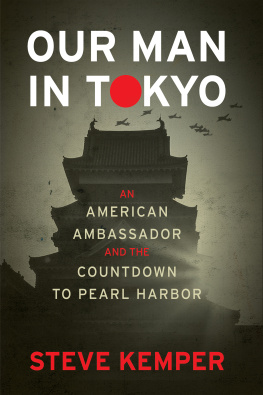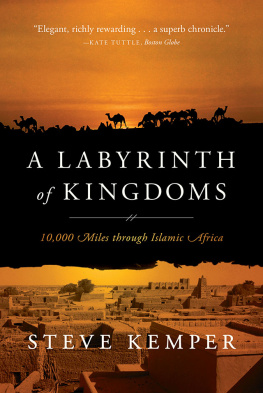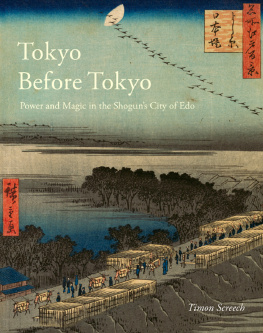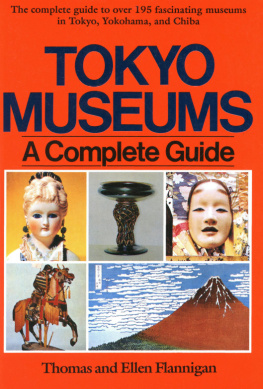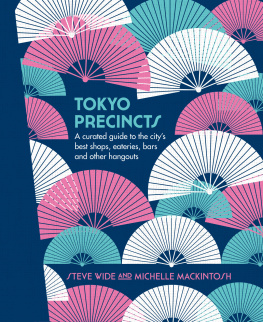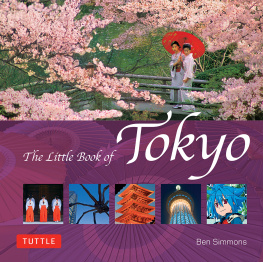Steve Kemper - Our Man In Tokyo
Here you can read online Steve Kemper - Our Man In Tokyo full text of the book (entire story) in english for free. Download pdf and epub, get meaning, cover and reviews about this ebook. year: 2022, publisher: HarperCollins, genre: Politics. Description of the work, (preface) as well as reviews are available. Best literature library LitArk.com created for fans of good reading and offers a wide selection of genres:
Romance novel
Science fiction
Adventure
Detective
Science
History
Home and family
Prose
Art
Politics
Computer
Non-fiction
Religion
Business
Children
Humor
Choose a favorite category and find really read worthwhile books. Enjoy immersion in the world of imagination, feel the emotions of the characters or learn something new for yourself, make an fascinating discovery.
- Book:Our Man In Tokyo
- Author:
- Publisher:HarperCollins
- Genre:
- Year:2022
- Rating:3 / 5
- Favourites:Add to favourites
- Your mark:
- 60
- 1
- 2
- 3
- 4
- 5
Our Man In Tokyo: summary, description and annotation
We offer to read an annotation, description, summary or preface (depends on what the author of the book "Our Man In Tokyo" wrote himself). If you haven't found the necessary information about the book — write in the comments, we will try to find it.
Our Man In Tokyo — read online for free the complete book (whole text) full work
Below is the text of the book, divided by pages. System saving the place of the last page read, allows you to conveniently read the book "Our Man In Tokyo" online for free, without having to search again every time where you left off. Put a bookmark, and you can go to the page where you finished reading at any time.
Font size:
Interval:
Bookmark:
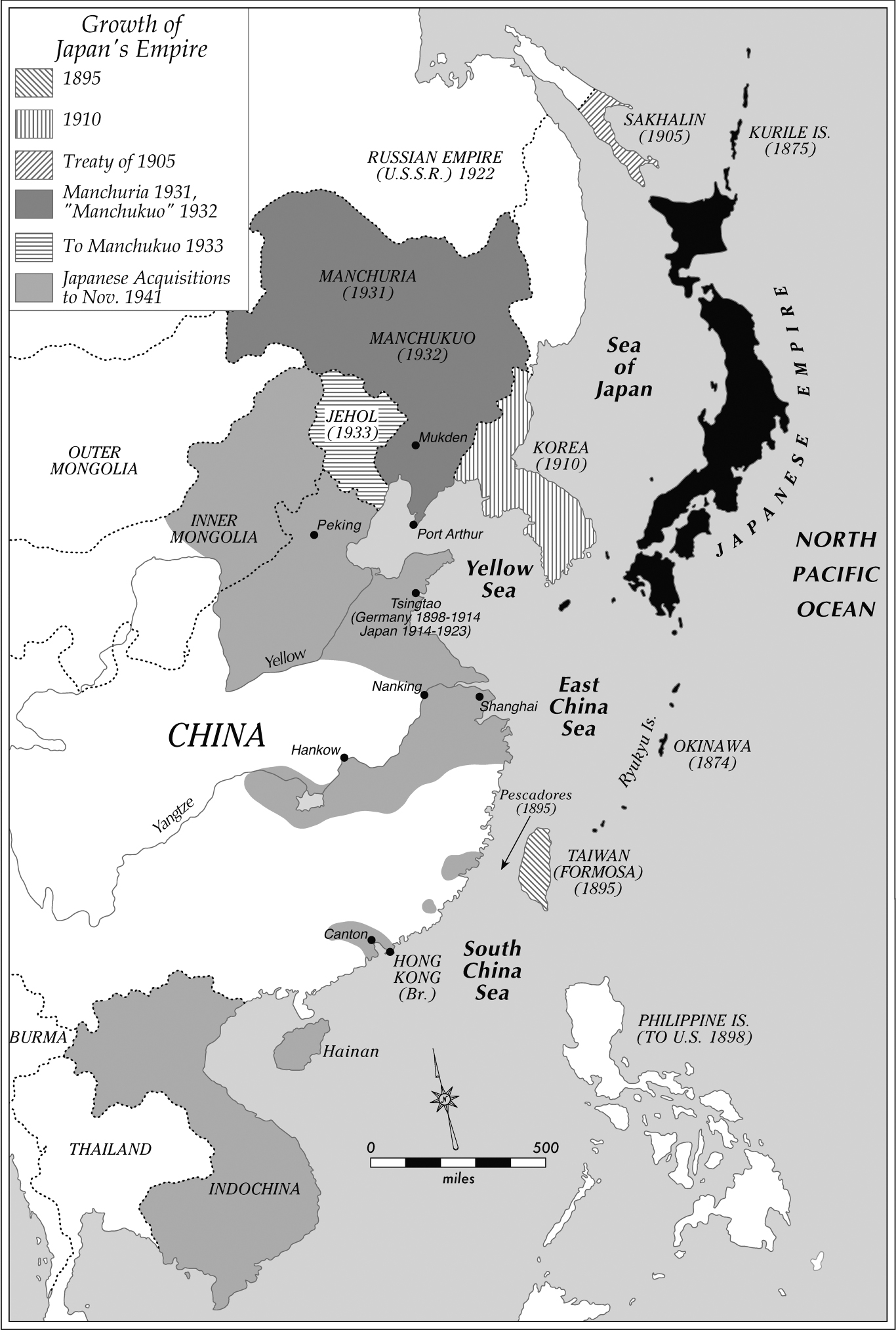
THE GROWTH OF JAPANS EMPIRE, 18951941
(Map by Dick Gilbreath, University of Kentucky Cartography Lab)
For Judestill here, still dancing
When will they speak, or stir? They wait for you
To recollect that, while it lived, the past
Was a rushed present, fretful and unsure.
Richard Wilbur, This Pleasing Anxious Being
Japanese
(with family names first, in the traditional Japanese form)
ABE NOBUYUKI. General and prime minister.
ARAKI SADAO. General, war minister, and education minister.
ARITA HACHIRO. Vice foreign minister and foreign minister.
HARA YOSHIMICHI. President of the Privy Council.
HARADA KUMAO. Baron and private secretary to Prince Saionji Kinmochi, the genro.
HATA SHUNROKU. General and war minister.
HAYASHI SENJURO. General, war minister, and prime minister.
HIRANUMA KIICHIRO. Baron, prime minister, and home affairs minister.
EMPEROR HIROHITO. 19261989.
HIROTA KOKI. Foreign minister and prime minister.
ITAGAKI SEISHIRO. General and war minister.
KABAYAMA AISUKE. Count, businessman, privy counselor, Grews best Japanese friend.
KIDO KOICHI. Marquis, minister of education, home affairs minister, and lord keeper of the privy seal.
KONOYE FUMIMARO. Prince and prime minister.
KURUSU SABURO. Diplomat and special assistant to Ambassador Nomura.
MAKINO NOBUAKI. Count and lord keeper of the privy seal.
MASAKI JINSABURO. General, inspector general of military training, and extremist plotter.
MATSUOKA YOSUKE. Japans delegate to the League of Nations in 1933 and later foreign minister.
NAGANO OSAMI. Admiral, navy minister, and navy chief of staff.
NOMURA KICHISABURO. Admiral, foreign minister, and ambassador to the United States.
OHASHI CHUICHI. Vice foreign minister under Matsuoka.
OIKAWA KOSHIRO. Navy minister.
OKADA KEISUKE. Prime minister.
OSHIMA HIROSHI. General, Japans military attach in Berlin, later ambassador to Germany.
SAIONJI KINMOCHI. Prince, politician, the genro.
SAITO MAKOTO. Viscount, prime minister, and lord keeper of the privy seal.
SHIRATORI TOSHIO. Ambassador to Italy, then special advisor to Matsuoka.
SUETSUGU NOBUMASA. Admiral and home affairs minister.
SUGIYAMA HAJIME. General, war minister, and army chief of staff.
TOGO SHIGENORI. Foreign minister.
TOJO HIDEKI. General, war minister, and prime minister.
TOYODA TEIJIRO. Admiral and foreign minister.
UCHIDA KOSAI. Foreign minister.
UGAKI KAZUSHIGE. General and foreign minister.
YAMAMOTO ISOROKU. Admiral, vice navy minister, then commander of Japans Combined Fleet; chief strategist of the attack on Pearl Harbor.
YONAI MITSUMASA. Admiral, navy minister, and prime minister.
Others of Note
BALLANTINE , JOSEPH W. Head of Japan Desk, Far Eastern Division, Department of State.
CHIANG KAI-SHEK. Military and political leader of the Republic of China.
CRAIGIE, SIR ROBERT. Great Britains ambassador to Japan.
DOOMAN, EUGENE H. Counselor, US embassy in Tokyo.
HORNBECK, STANLEY K. Special advisor on the Far East to Secretary of State Hull.
HULL, CORDELL. US secretary of state.
OTT, GENERAL EUGEN. Germanys military attach in Tokyo, later ambassador to Japan.
RIBBENTROP, JOACHIM VON. German foreign minister.
STIMSON, HENRY. Secretary of state under President Hoover; secretary of war under President Roosevelt.
WELLES, SUMNER. Under secretary of state under Hull.
THE AMBASSADOR WOKE, stirred by some faint shift. The clock said 1:00 A.M. Half-asleep, he glanced out the porthole at the dark waters of Tokyo Bay, with Yokohama silhouetted beyondso familiar after a weeks confinement aboard the anchored Asama Maru. A piece of driftwood slipped by, moving a bit too fast, then another moving faster.
He snapped alert: the Asama Maru was underway. After six and a half months of internment in the Tokyo embassy and a week aboard ship, the ambassador and his fellow Americans were finally headed home. The passengers included journalists, missionaries, and businesspeople, as well as diplomats, plus the few women and children who hadnt been evacuated in the tense months before the surprise attack on Pearl Harbor. Some of the nondiplomats had been imprisoned, beaten, or waterboarded as suspected spies. One imprisoned reporter had lost his feet to frostbite and gangrene. A handful of passengers had told the ambassador that if negotiations for their release failed, they would kill themselves rather than return to land. But now Japan was disappearing in their wake.
It was June 25, 1942, ten years and nineteen days after Joseph Clark Grew first set foot in Japan as ambassador. Grew was a legend in the State Department. By the time he boarded the Asama Maru he had been in the Foreign Service for nearly forty years in fourteen posts, among them Cairo, Mexico City, Saint Petersburg, Vienna, and Berlin, where he closed the US embassy during World War I. After that he served on the peace commission to Versailles. Following a stint in Washington, DC, he became ambassador to Denmark, then Switzerland, before returning to Washington as second-in-command at the State Department. In 1927 he was named ambassador to Turkey, a tricky post. That was where he got word in early 1932 that President Herbert Hoover wanted him as ambassador to the most difficult mission in the world at the time: Japan.
Most ambassadors remain nameless to the American public, but Grew became so well known that whenever he was home on leave people stopped him on the street. His words and photo appeared constantly in newspapers and newsreels. He was handsome and athletic, over six feet tall, with an emphatic moustache, swept-back salt-and-pepper hair, and bristling eyebrows above keen eyes. Time put him on its cover in 1934. In 1940 Life ran a long feature in which writer John Hersey, later famous for his book Hiroshima, called Grew unquestionably the most important US Ambassador and Tokyo the most important Embassy ever given a US career diplomat.
Grew spent ten years trying to preserve peace amidst assassinations, nationalist fanaticism, and plots to overthrow the government as Japans rabid press stoked war fever and the swaggering Japanese military provoked international crises. After each fresh typhoon, Grew tried to find some way to rebuild diplomatic relations. Now, sailing home, he comforted himself with the knowledge that he had never stopped trying to halt, or at least slow down, the momentum toward war. Mere hours before bombs hit Pearl Harbor he had driven to the home of the Japanese foreign minister at midnight with a last-minute appeal from President Roosevelt to Emperor Hirohito. I worked for peace up to the end, Grew wrote.
During his six months of internment he reviewed the past decade, especially the last year. He reexamined his diary and the dispatches to and from the State Department. He reread his correspondence with Roosevelt, whom he had known since their days at Groton and Harvard. He had sometimes guessed wrong, misread situations, made mistakes, but he had always been willing to correct misperceptions or flawed assumptions. Had he missed something that might have altered events?
As always he did his thinking through his fingertips, tapping away on his Corona typewriter. What came out was a thick document that recounted Japans rash belligerence and the replacement of civilian government with unrestrained military ambition. He noted, once again, the synchronized buildup of a massive war machine with a propaganda campaign that demonized Western nations while exhorting all Japanese to sacrifice everything, including their lives, for the glory of their divine emperor. He summarized meetings with Japans foreign ministers and prime ministers, the constant attempts to find terms agreeable to both nations. He described how Japans militarist leaders had sabotaged every prospect for peace.
Font size:
Interval:
Bookmark:
Similar books «Our Man In Tokyo»
Look at similar books to Our Man In Tokyo. We have selected literature similar in name and meaning in the hope of providing readers with more options to find new, interesting, not yet read works.
Discussion, reviews of the book Our Man In Tokyo and just readers' own opinions. Leave your comments, write what you think about the work, its meaning or the main characters. Specify what exactly you liked and what you didn't like, and why you think so.

